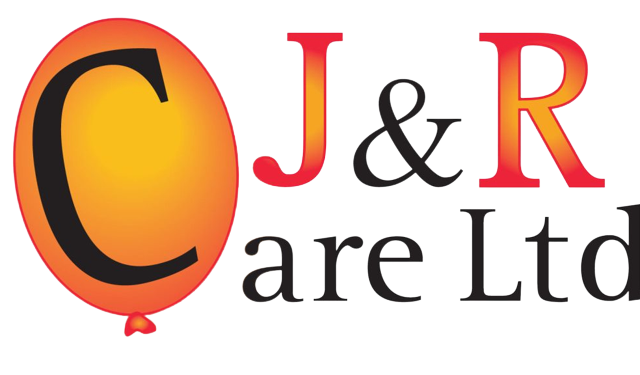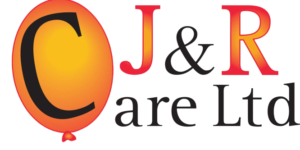24hr: 01474 871 999

Links & Other Pages
• NOTICEBOARD •
Black Lives Matter
Poetry power from one of our talented youngsters, click here
Pupils vs Staff Football Match
Who triumphed on this match of unequal abilities??
Annex Sessions
Click here to listen to the latest track from one of our boyz
Jobs
Positions available! Join our tremendous team, click here.
Questionnaires
Parents, social workers and staff are encouraged to complete an anonymous questionnaire here.




At J & R Care Ltd we specialise caring for young people with behavioural and emotional difficulties, and this can have extra demands on care professionals and teaching staff.
How to engage with young people of the more challenging persuasion is beyond the scope of this article – because that is for expert training sessions, experience of care professionals and knowledge accumulated within text books.
In this article we are looking at staff coping mechanisms when staff finish their shifts.
Backup
Preparing for downtime requires leaving the home when proper reports have been written. Accurate and thorough record keeping in a securely accessible and straightforward manner is crucially important in many ways, not least because because it ensures that little or nothing is left behind to amass in the minds of busy care professionals.
Full reporting in this manner helps ensure staff can go home at the end of their shift, satisfied that everything is available for all concerned to read.
Downtime
When staff return to their families though, how do they unwind and relax?
While wine with an evening meal was mentioned by some as a great way to relax and alleviate stress at the end of a busy day, everyone realises that alcohol dependency is not a healthy auto-response to daily stress.
Amongst the favoured ways to enjoy downtime is listening to music, gaming, cooking or exercise. Specifically, eyeball exercise – i.e. movies, TV, Netflix, etc.
Physical exercise would of course be preferable to sitting on the sofa, but too often tiredness is the reason not to put jogging running shoes, or family commitments take priority, or there are a multitude of household chores to do.
There is however another path leading away from stress.
Mindfulness
Everyone reading this does it, but not everyone uses breathing to its fullest potential.
Oxygen isn’t the only benefit, there’s much more to be gained.
For example, this technique can be used at any time during a day – when you are alone and can close your eyes: For 3 seconds, slowly and evenly inhale through the nose, hold breath for a 5 seconds and then slowly and evenly exhale through the mouth for 7 seconds. Repeat 3 times. During this exercise, place your hand on your midriff and feel your lungs slowly expanding and deflating.
Imagine air flowing inwards, and then outwards as you slowly exhale. As you breathe, daily thoughts may intrude, and that’s ok, just let them go again as you focus on your breath.
Simple breathing exercises such as this really do help one focus on the present, and allow stresses to be drift away.
Intensive
At J and R Care Ltd we are conscious of the mental health and wellbeing of our staff; Breathing exercises will not help deeper, more intense stresses.
Thanks to the health benefits of mentally ‘unpacking’, we encourage reflection time at the end of a shift when staff can offload how they are feeling – and at staff meetings with our psychotherapist for an hour a week.
When dealing with people it is best if we can be upfront and honest, especially with ourselves.
Further reading:
Let Us Know
Do you have an item of news that you wish to share with our readers? (Social Workers, Parents, child care professionals and other local authority officials.)


